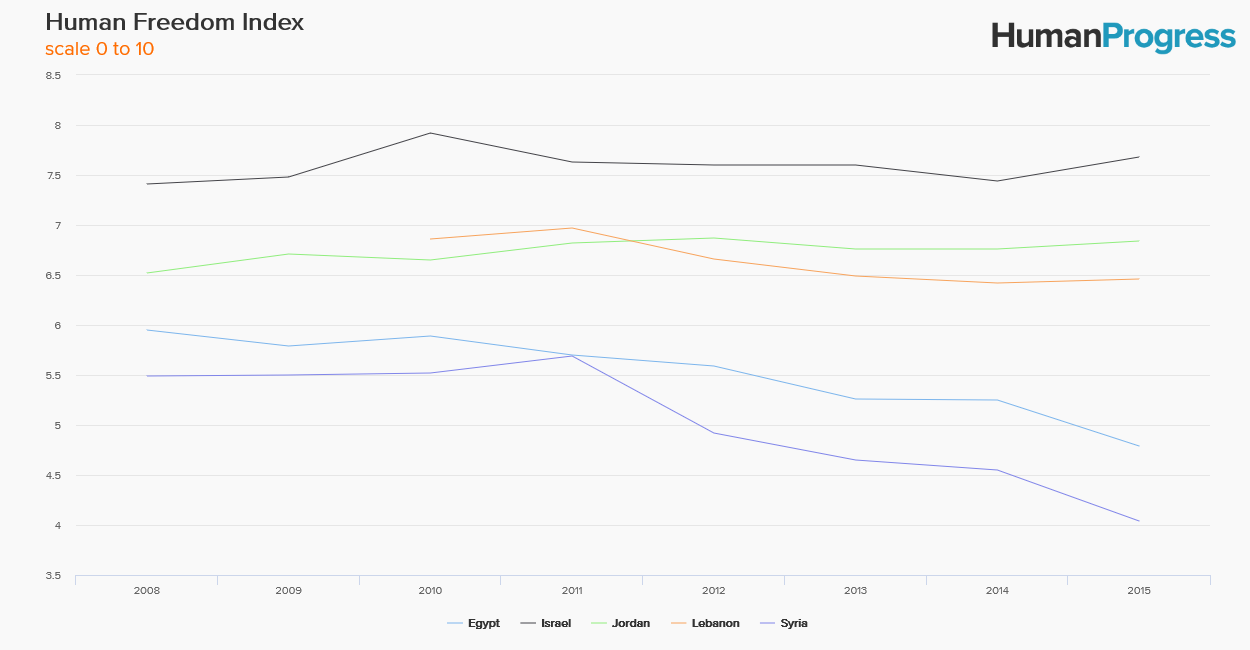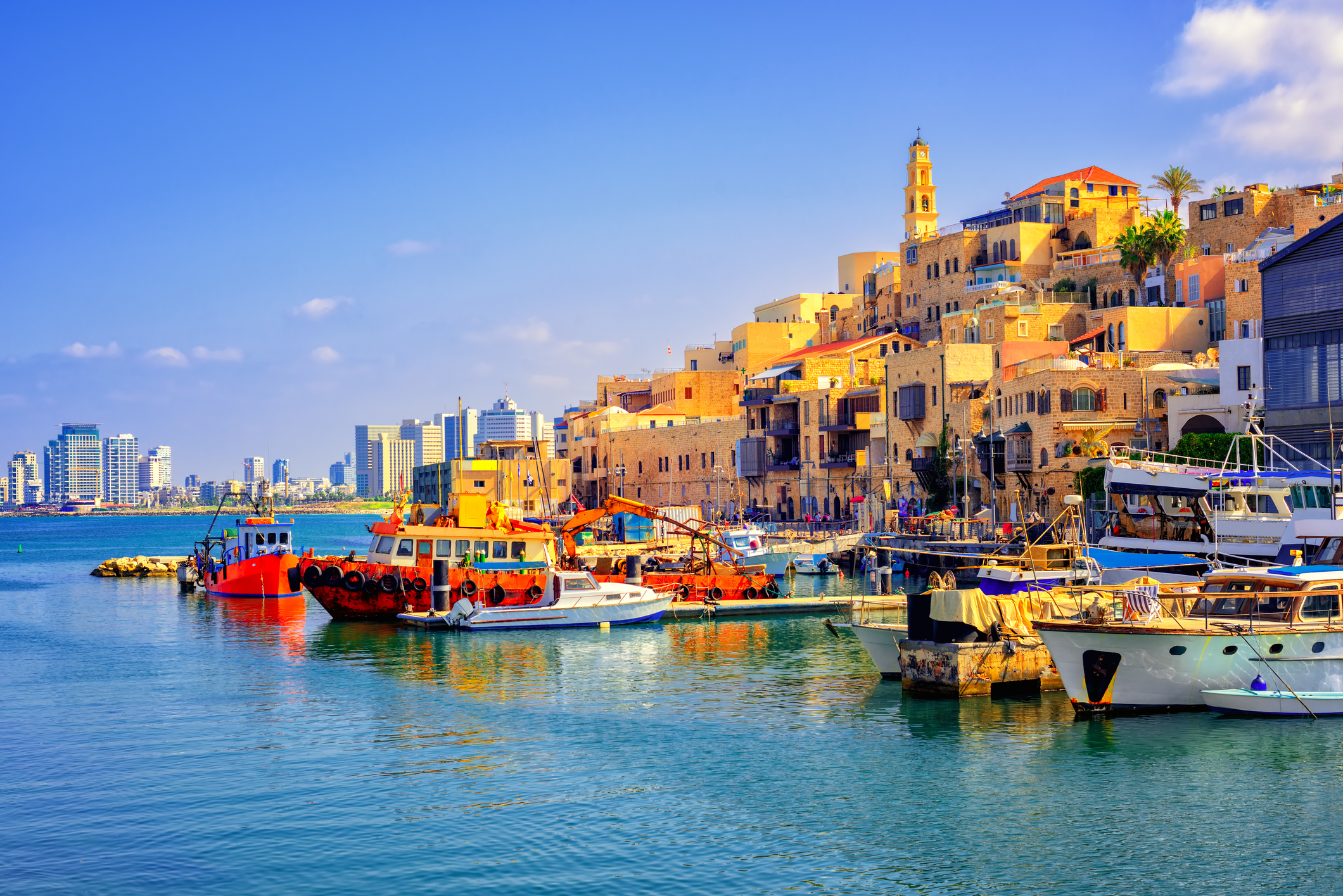Israel is a remarkable example of how a nation can overcome adversity and achieve prosperity. Despite its hostile environment, scarce resources, and constant security threats, Israel has become a thriving democracy and a global leader in innovation. The key to its success lies in its embrace of political, personal, and economic freedoms, which are lacking in most of its Arab neighbors.
This week I joined in the celebration of the 70th anniversary of the founding of Israel at an event at magnificent Andrew W. Mellon Auditorium in Washington, D.C. In attendance were many of America’s movers and shakers, including US Vice President Mike Pence.
The Jewish State, as many readers on both sides of the Atlantic know, is a subject of much passionate debate. For some, it is a beacon of freedom and prosperity in a region where both are in limited supply. At the other end of the spectrum of views on Israel are those who think it is an apartheid state that denies equal rights to millions of Palestinians. Events at the Gaza border this week have only heightened these tensions.
For what it is worth, I believe that Israel should have given up its control of the occupied territories – if need be, unilaterally – a long time ago. That said, the economic and political achievements of the Jewish State are undeniable – especially when compared to its Arab neighbours.
Before turning to the data, a brief historical recap is in order. Israel was born out of the trauma of the Holocaust, when some six million Jews perished in the gas chambers and killing fields of Central and Eastern Europe. For the survivors who made their way to Palestine, the struggle would continue. The British Mandate was richer than the surrounding Arab territories, but under-developed by European standards. It lacked significant natural resources, with water and oil shortages a major concern. The Jewish arrivals faced a largely antagonistic Arab population and equally antagonistic neighbouring states. To this day, Israeli military spending, which peaked at 26 per cent of the gross domestic product in 1975, still accounts for 6 per cent of economic output.
Few independent nations have been born under less auspicious conditions. Yet, Israel flourished. It is, perhaps, unsurprising that the Jewish State is a vibrant democracy. The Jews were victimised by authoritarian regimes for centuries. Conversely, they thrived in the relatively democratic Great Britain, the French Third Republic and Weimar Germany.
Israel’s early flirtation with socialism needs more explanation. After independence, the country was dominated by European Jews, many of whom were socialists. The Ashkenazi infatuation with socialism may have originated in the attempt of the Jewish intelligentsia to integrate into largely anti-Semitic European society that conflated Judaism and capitalism. Poignantly, the Jewish State became an undeniable success story after economic reforms, which started in the 1980s, made Israel more capitalist.

Unlike most of the Arab states, Israel had to struggle for survival. Yet, on most measures of human well-being, the Jewish State outperforms its Arab neighbours. Aside from political freedom exemplified by free and fair elections and frequent changes of government, Israelis enjoy a great deal of personal freedoms. Discrimination against women is rare and gay Israelis enjoy most extensive rights in the region.
Average income per capita dwarfs those in the neighbouring countries, allowing for superior social outcomes, including higher life expectancy, lower infant mortality, and universal provision of drinking water and electricity. The Israelis are better educated, own more computers, and have more access to the Internet. The Israeli agricultural productivity is the highest in the region and its people are the best fed. Finally, the Jewish State is a very innovative society, with Israeli patents easily outpacing those in the rest of the region combined.

Therein lie important lessons for Israel’s neighbours. Israel succeeded because it embraced political, personal and economic freedoms. Most Arab nations have none of those. The good news is that policies can be changed and institutions can gradually improve over time.
Unless the Arab regimes maintain that their people are fundamentally different from the Israelis and, somehow, less deserving of the blessings of freedom, they should learn from the Israeli experience and implement policies that enabled a tiny and unpromising patch of the Middle East to turn into the region’s most prosperous society.
This first appeared in CapX.

